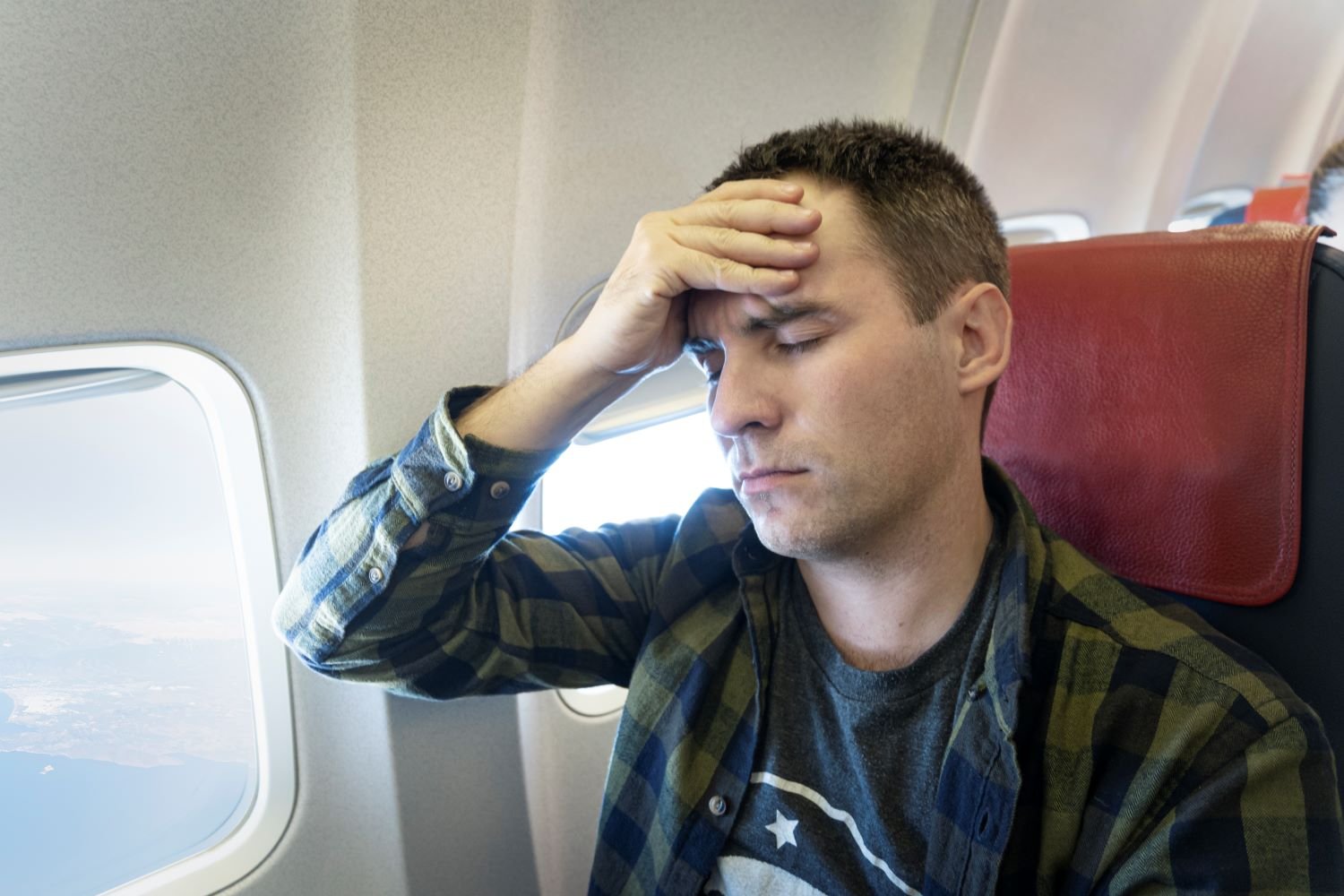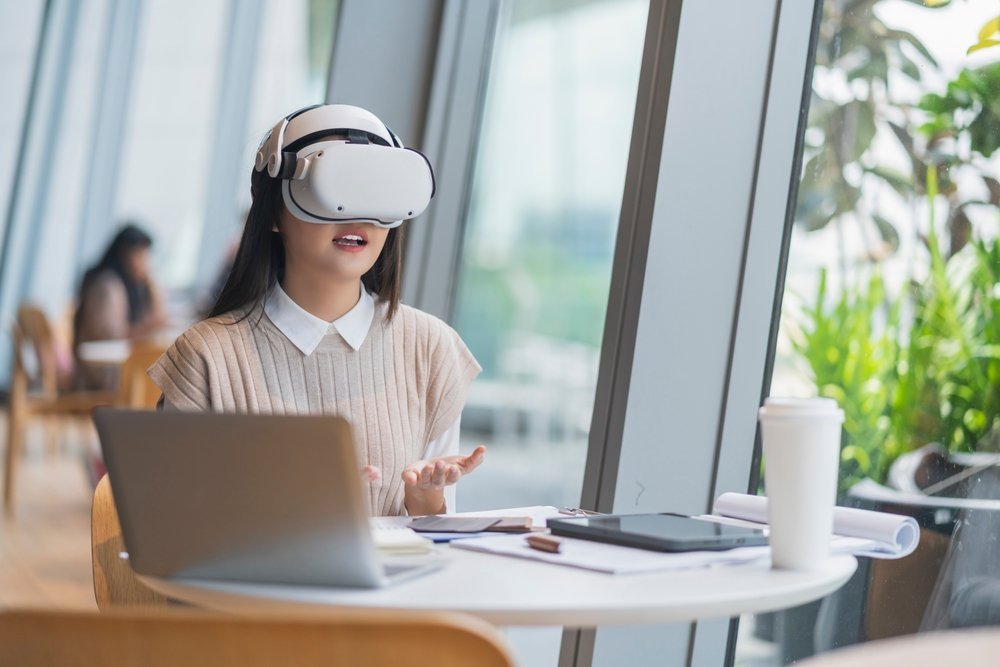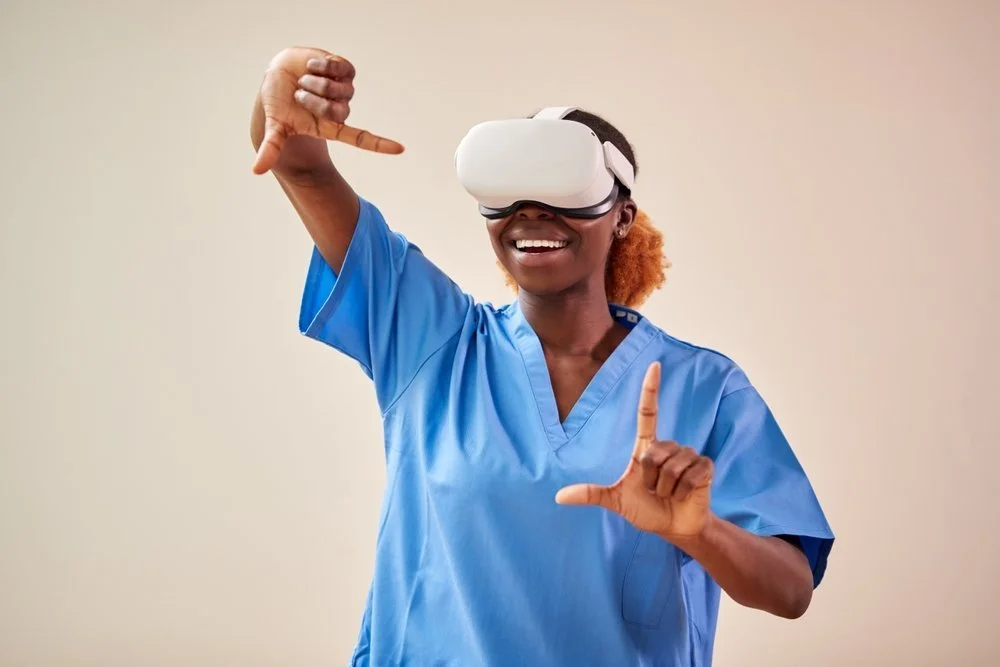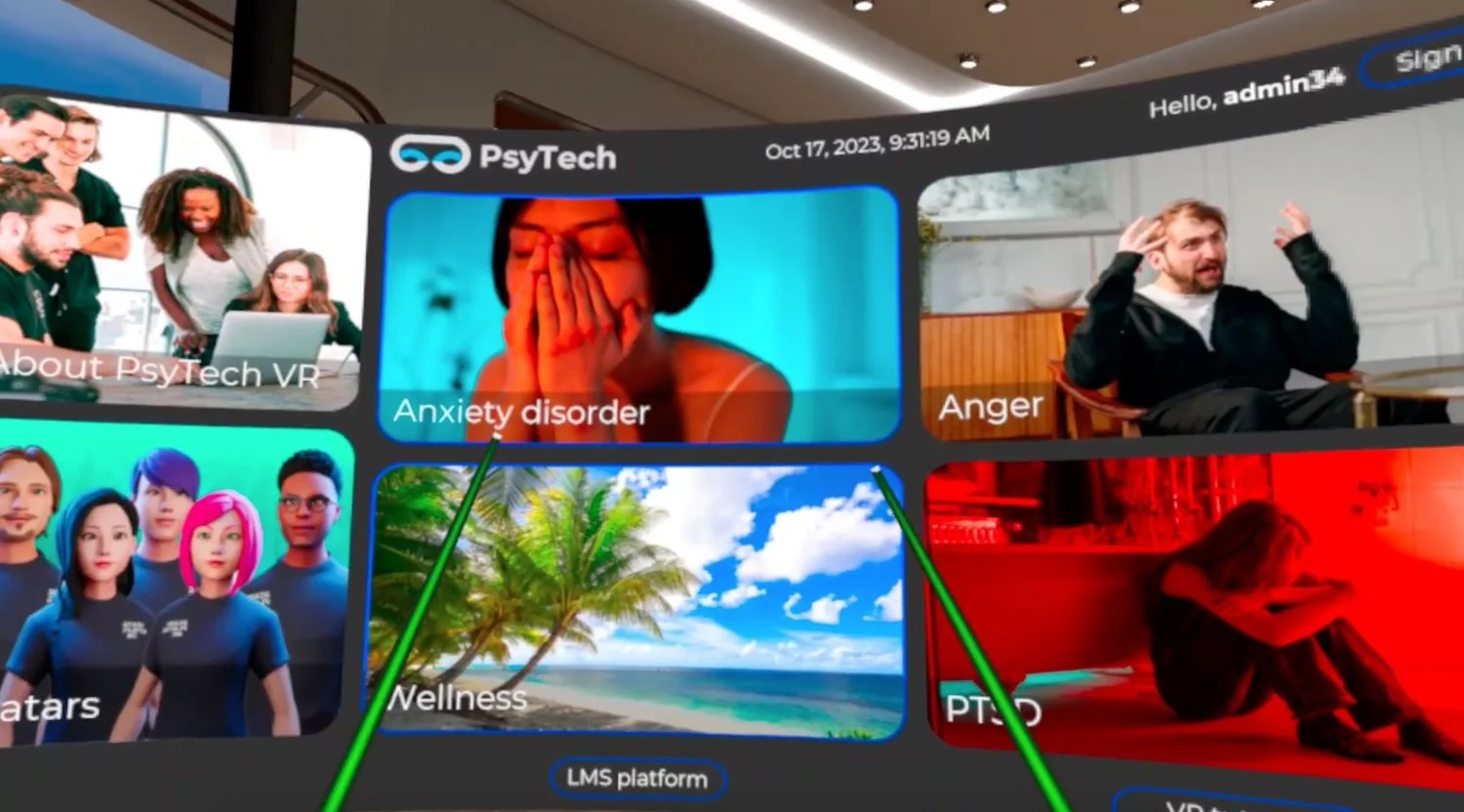Virtual Reality for Mental Health Clinics
Online Clinics | In Person in Reading
Cutting-edge Therapy using Virtual Reality for Mental Health Disorders
What is VR Therapy?
VR therapy is an efficient and scientifically proved new way of delivering therapy, through the use of the latest virtual reality technology.
By choosing between CBT or EMDR protocols, it is possible to help people in a virtual reality scenario, by progressive exposure therapy and desensitization, following the World Health Organization recommendations.
How Does VR Therapy Work?
Through the use of virtual reality, it is possible to select between an extensive library of different virtual reality scenarios, according to the person's mental health needs. Once the ideal scenario and protocol has been chosen, people will then emerge themselves in the virtual reality scenario, being permanently supported by our highly qualified mental health professionals.
It is also possible to collect biofeedback information while performing virtual reality therapy. We will also collect people's personal feedback at the end of each session, to better personalize and enhance the treatment experience offered.
Who Can Benefit From VR Therapy?
VR therapy can be applied to an extended variety of mental health conditions, or even for people who need to improve their mental health wellness and wellbeing.
Research shows that people who undertake VR therapy are 3.75x more concentrated and emotionally connected to the content, they are 57% more confident in applying skills that they've learned during VR therapy and they are 16x more likely to be able to recall the information learned with VR therapy, compared to traditional learning methods.
Virtual Reality for Mental Health Therapy Treatments
-
PTSD
PTSD related scenarios including violence, war, terrorist attacks, natural disasters, family abuse, sexual assault, bullying, car accidents and fires.
-
Anxiety Disorder
Safe and controlled scenarios for anxiety related disorders and phobias including fear of heights, flight, airplane, animals, crowds, trains, being alone, open spaces, enclosed spaces, crowed places, public speaking, hospitals, MRI scan, darkness and night.
-
OCD
Real life scenarios related to OCD including germs, contamination, checking and hoarding.
-
Anger Management
Real life scenarios helping to manage anger and emotions including relationships with others at home, office, society in general (coffee shop, supermarket), driving, relationships breakdown and job loss.
-
Addictions
Real life situations that relate to addictions such as alcohol, smoking and eating.
-
Mindfulness
Create your own safe world and be guided on mindfulness sessions.
-
Stress Management
Several realistic and engaging scenarios personalized to your own needs, allowing you to manage your stress through travel therapy, art therapy, deep breathing exercises or muscle relaxation.
-
Safe Space
Create you own, personalized and realistic safe space that allows you to emerge yourself in a calm and relaxed environment to increase your confidence and coping skills.
What To Expect From a Virtual Reality Clinic
Assessment
To enjoy and benefit the most from Virtual Reality Therapy, it is important to complete an assessment before starting therapy. This is an assessment with one of ours consultant psychiatrists, that will aim to understand your mental health needs better.
Report
After the initial assessment has been completed, you will then be offered a comprehensive psychiatric report of that same assessment highlighting the findings and suggesting a treatment plan. This treatment plan can include starting on medication to help you with your symptoms, having psychotherapy, or having virtual reality therapy. You will have the opportunity to discuss the treatment plan with the consultant psychiatrist, and on a shared decision base, to decide what treatment plan you would like to follow.
Decision Making
Once you feel comfortable and fully clarified about which treatment plan you would like to follow, we will fully support you in the agreed treatment plan. If you wish to start on virtual reality therapy we will then support you in engaging with VR therapy, in a relaxed, stress free and supportive environment.
VR Therapy Protocol
Once you've decided to start VR therapy, we will then support and advise you on what protocols would work better for you. We will guide you through the several options available ensuring that you have the best experience and enhancing the possibilities of having a successful outcome for your mental health needs.
Safe Space
After choosing the best protocol for you, we will then guide you to create your own personalized, immersive and realistic safe space. There are literally no limits for what you can choose, to ensure that you create your own comfortable and individual safe space. You will be able to chose between over 100,000 virtual reality environments, and to add your own options to those same environments ensuring that they are truly unique to you.
VR Therapy
After creating you own personalised safe space, it is then time to start the VR protocol that was selected for you and immerge yourself in the virtual reality therapy world.
Support During VR Therapy
Once you start your chosen protocol, we will be permanently present in the room to support you throughout the treatment. There's also the possibility for the therapist to be present in the virtual reality environment to support you and help you feel more comfortable with the therapy. This option will be offered and explained to you before starting the VR therapy.
Reassesssment
At the beginning of each VR therapy session, the therapist will be reassessing the therapy with you to understand if readjustments are required.
Virtual Reality Scenarios
-

Amaxophobia
Fear of Driving
-

Nosocomephobia
Fear of Hospitals
-

Enochlophobia
Fear of Crowed Places
-

Claustrophobia
Fear of Enclosed Spaces
-

Claustrophobia
Fear of Enclosed Spaces - Tube
-

Arachnophobia
Fear of Spiders
-

Cynophobia
Fear of Dogs
-

Acrophobia
Fear of Heights
-

Glossophobia
Fear of Talking in Public
-

Aerophobia
Fear of Flying
-

Breathing Relaxation
-

Travel Therapy
Virtual Reality Clinic Videos
Watch videos of scenario based and personalised virtual reality for mental health.
Virtual Reality for Mental Health Clinic Locations
Online & Home Appointments
We offer online assessments and consultations so that you can enjoy our services from your personal space. At your request, we’re able to offer home assessments within our catchment area.
In Person Appointments
Our main location is Regus House, 400 Thames Valley Park Drive, Earley, Reading, RG6 1PT, where we are very happy to welcome you.
We can also offer face-to-face assessments/appointments in other locations at a Regus building, mainly in Hampshire, Berkshire and London.



